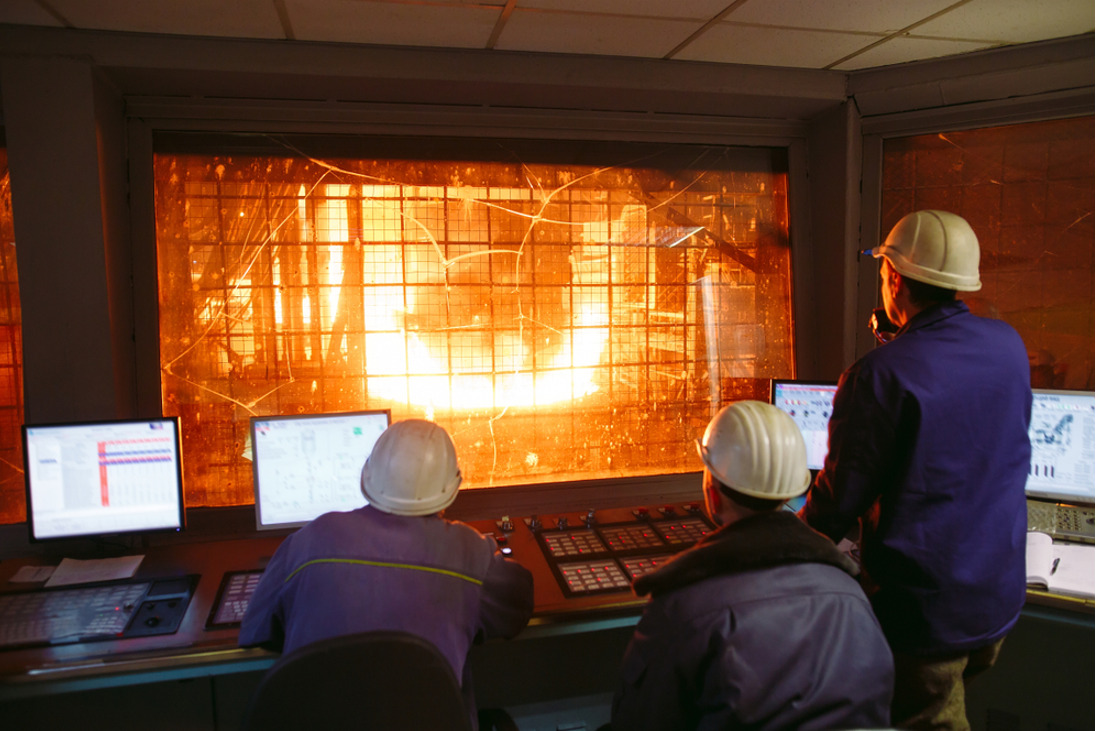
Stabilize your process
With years of experience in production and quality, we’re ready to examine your supplier process and to take it under control.
-Consulting, Quality Management System and Process Audits, Supplier Evaluation
- Casting Processes
- Deformation Processes
- Molding Processes
- Machining Processes
- Joining Processes
- Heat Treatment Processes
- Surface Treatment Processes
- 3D Printing Processes
- Powder Metallurgy Processes
At Modulus Metal Company, we utilize a variety of techniques to ensure that the metal shaping process is producing high-quality parts consistently. This includes using precision measuring tools to ensure that the dimensions of the finished parts meet the required specifications, as well as performing nondestructive testing (NDT) to identify defects or imperfections in the material. We also perform material testing to ensure that the material meets the required specifications and is suitable for the intended application. In addition, we use sensors and other instrumentation to monitor the metal shaping process in real-time and make adjustments as needed to ensure that the process is running smoothly and efficiently. Finally, we have established quality assurance procedures, including visual inspection, documentation review, and statistical process control, to help identify problems and prevent defects from occurring.
There are several techniques that can be used to control the metal shaping process, including:
- Dimensional measurement: Dimensional measurement involves using precision measuring tools to ensure that the dimensions of the finished part meet the required specifications. This includes measuring the dimensions of the part before and after the metal shaping process, as well as checking for surface finish, straightness, and other characteristics.
- Nondestructive testing: Nondestructive testing (NDT) methods, such as radiographic inspection and ultrasonic testing, can be used to identify defects or imperfections in the part without damaging the material. This allows for early detection of problems and can prevent costly rework or scrapping of the part.
- Material testing: Material testing involves analyzing the chemical and mechanical properties of the material to ensure that it meets the required specifications. This includes testing the tensile strength, hardness, and other properties of the material to ensure that it is suitable for the intended application.
- Process monitoring and control: Process monitoring and control involves using sensors and other instrumentation to monitor the metal shaping process in real-time and make adjustments as needed to ensure that the process is running smoothly and efficiently. This can include monitoring temperature, pressure, flow rates, and other process variables.
- Quality assurance procedures: Quality assurance procedures, such as visual inspection, documentation review, and statistical process control, can be used to ensure that the metal shaping process is producing high-quality parts consistently. These procedures can help identify problems and prevent defects from occurring.


